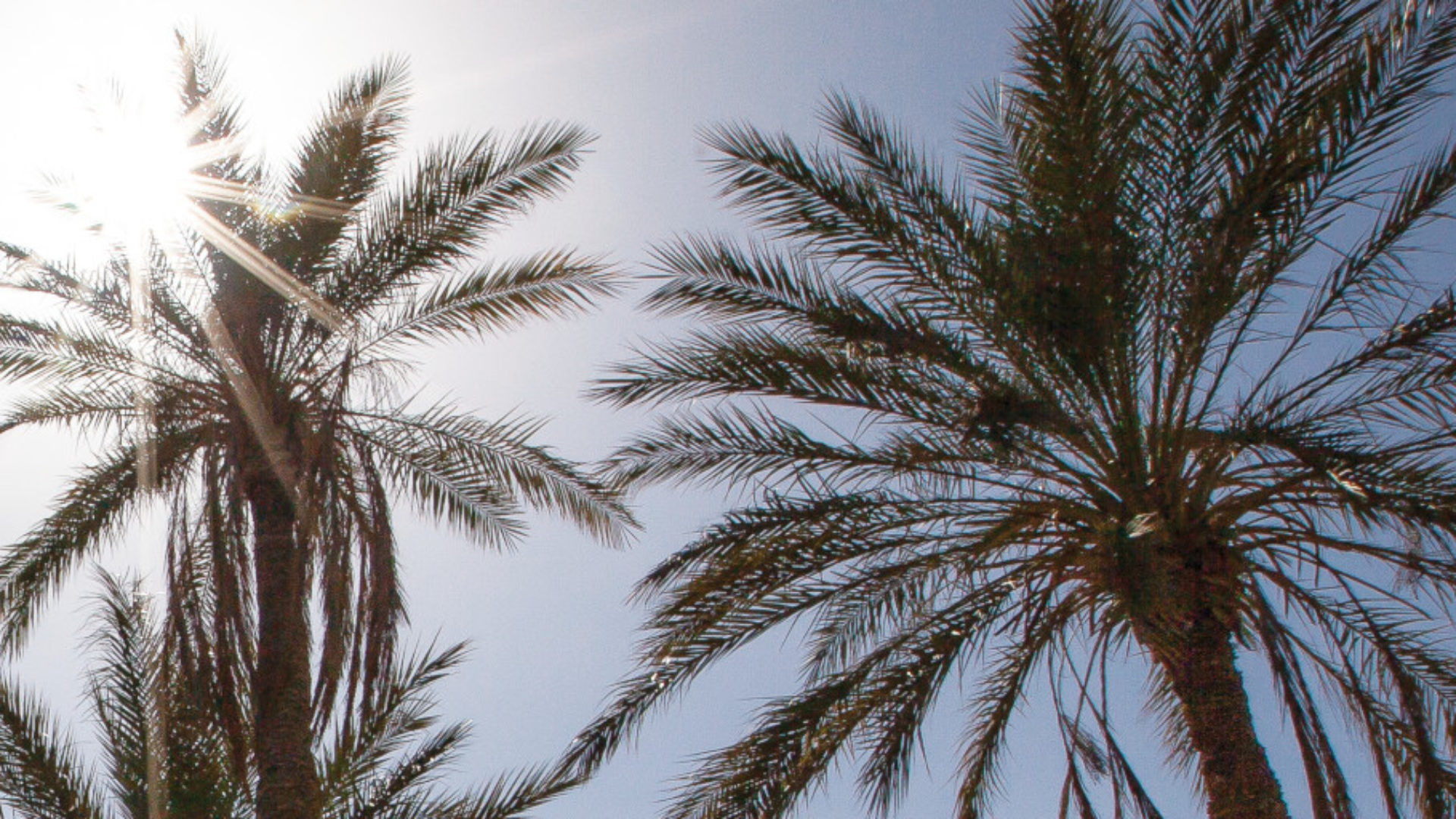Culinary & Creative Tunisia
Culinary & Creative is a project that forms part of The Culinary Route of Tunisia, a new tourism offer that invites national and international travelers to (re)discover Tunisia’s culinary heritage.
It aims to bring together professionals and enthusiasts of Tunisian gastronomy around a common objective: to promote the richness of the national culture through the flagship products of six major regions: “Cheese from the North-West”, “Harissa from Cap Bon”, “Olive oil from the Centre and Dahar”, “Wine from the North”, “Dates from the South-West” and “Octopus from Kerkennah”.


Participatory and inclusive, this project draws on the diversity of local players in the areas concerned (producers, farmers, winemakers, craftsmen, restaurateurs, etc.) to co-create new culinary experiences that showcase their history and ancestral know-how.
Learn how to make harissa, designated an Intangible Heritage by UNESCO last December; make your own olive oil in the Dahar region; discover all the secrets that make octopus fishing in Kerkennah so unique; immerse yourself in the oasis cultures of the South-West, by living a unique experience around date palms; or enter the world of Tunisian wine producers: the experiences are as diverse as they are infinite.
By fostering regional and inter-regional dynamics, Culinary & Creative Tunisia aims to strengthen local economies and turn them into hubs of sustainable tourism, and to position Tunisia as one of the most sought-after international destinations for its gastronomic heritage.
This project has been accredited by the Creative Tourism Network®, which recognizes its sustainable approach, by matching the tourism experiences offered with new market demands, and by creating value for the local area.
The Culinary Road of Tunisia is being developed as part of the “Promotion of Sustainable Tourism” project implemented by the Ministry of Tourism with the support of GIZ, and funded jointly by the German Federal Ministry for Economic Cooperation and Development (BMZ) and the European Union as part of its “Tounes Wijhetouna” program.










